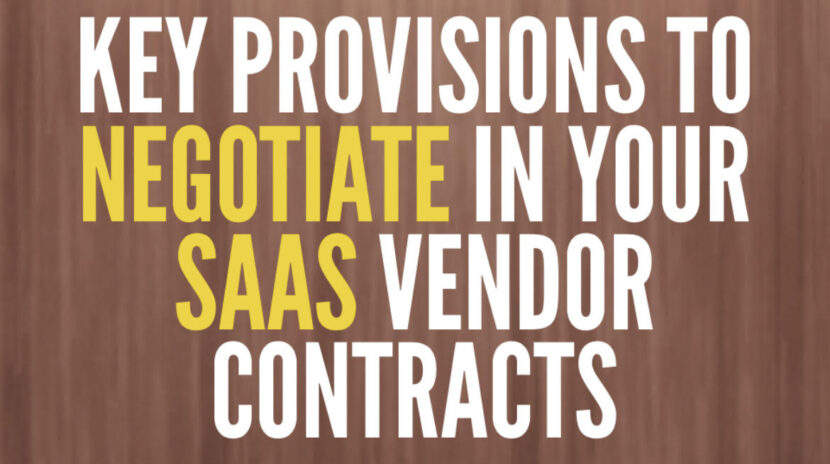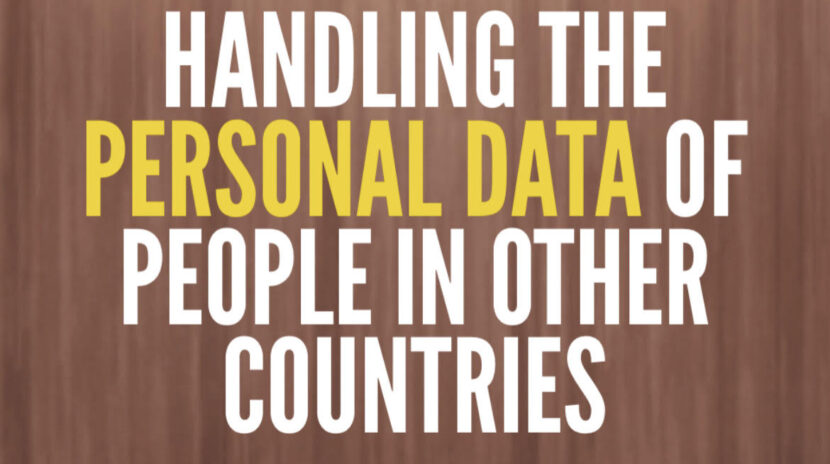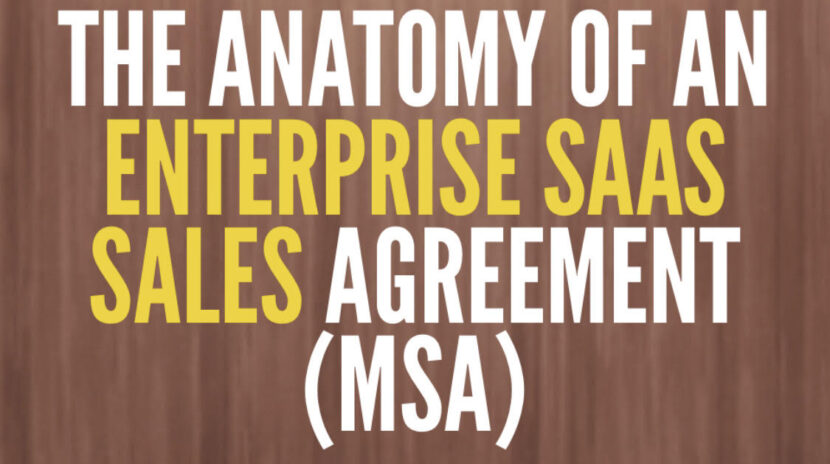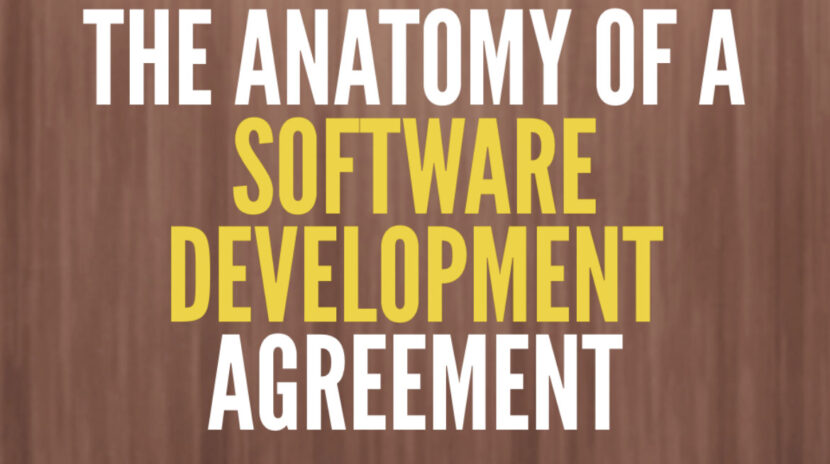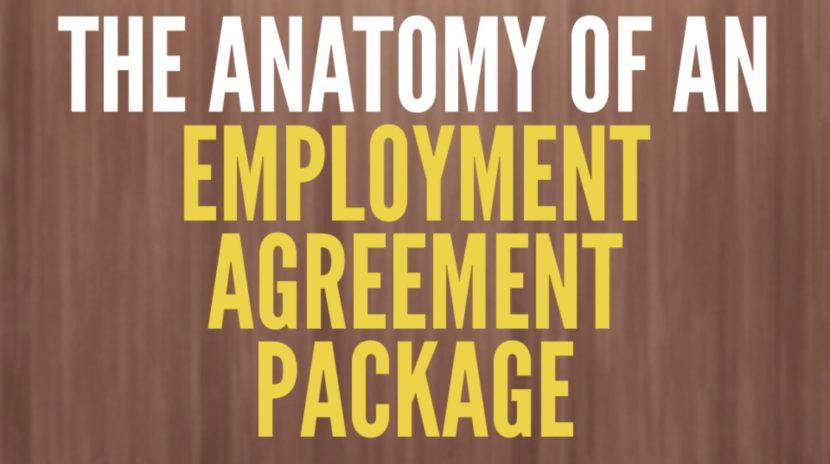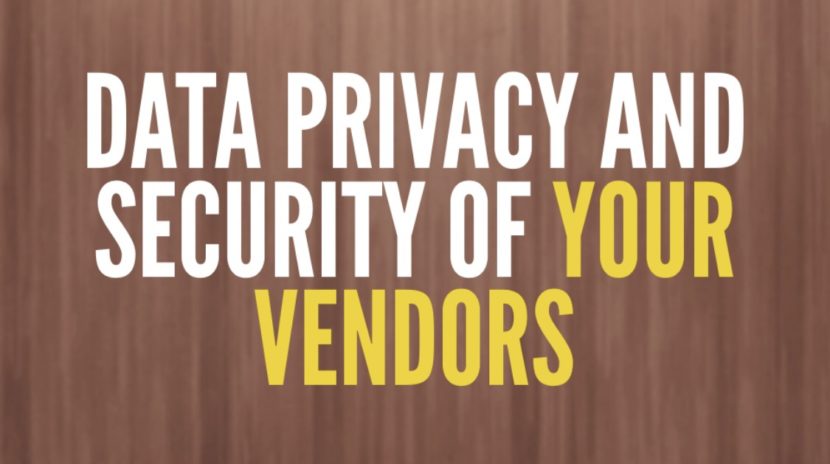Companies across all industries use the services of software as a service (SaaS) vendors to help simplify running the business. Almost every SaaS vendor you use hosts a treasure trove of your company data – and you want to make sure you’re contractually protected. Here is a high level overview of key provisions that you should review, re-review, and hammer down on with every SaaS agreement you sign.
